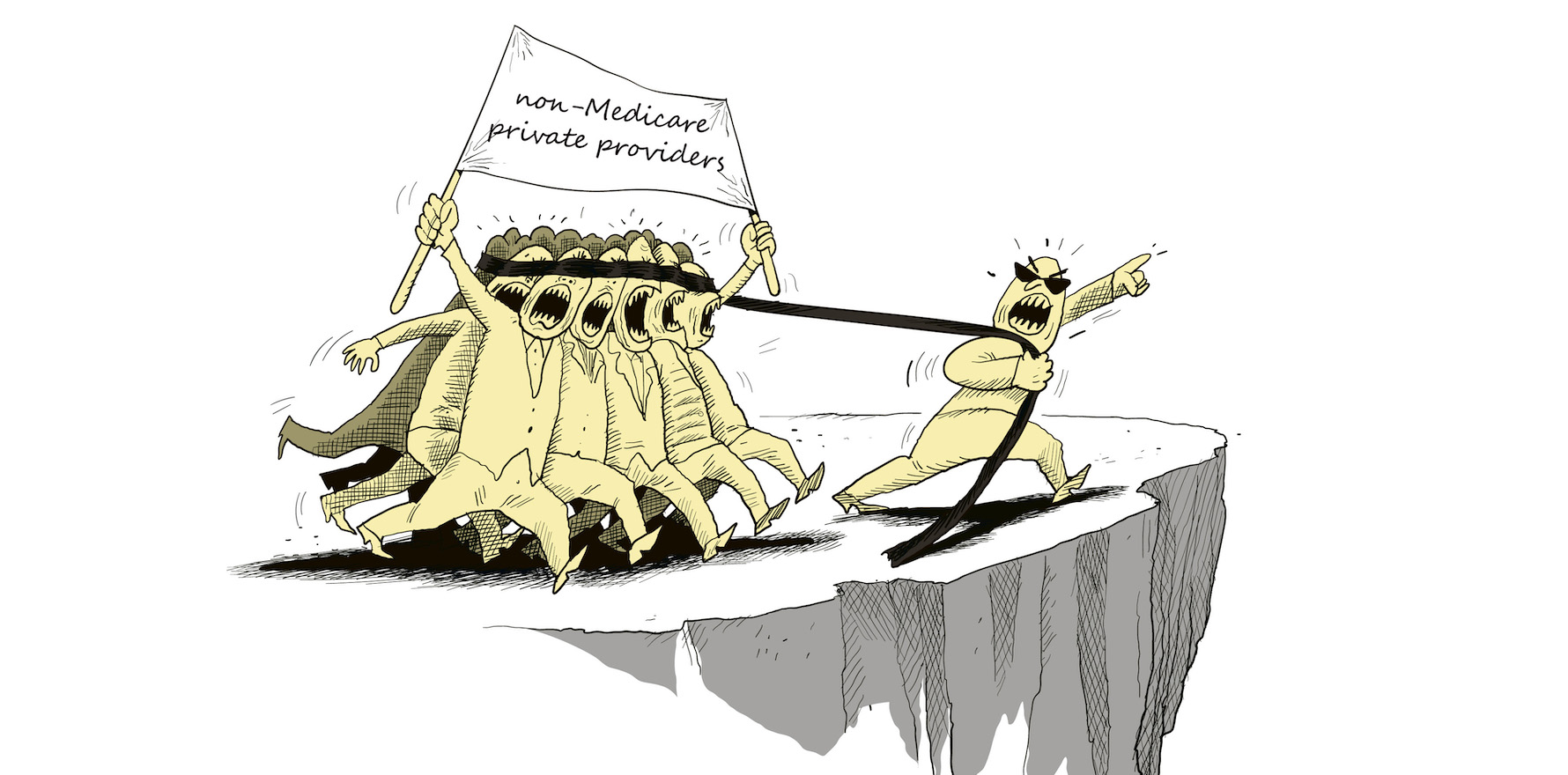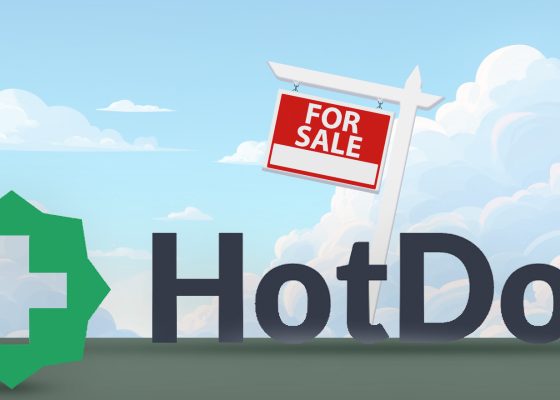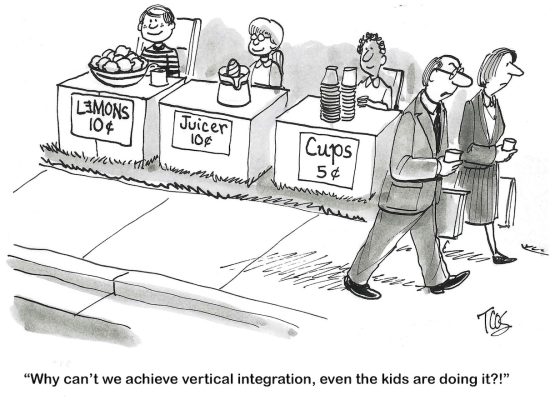If you’re going to insist that everyone inside Medicare shares their data meaningfully, it can only be a matter of time before the government applies the same sharing mandate to the rapidly expanding private provider ecosystem.
If you’re following the trajectory of the Department of Health, Disability and Ageing’s “sharing by default” program – whereby the government is co-ordinating a transformation of our health system technology base so all providers are able to share meaningful data in near real time – you might be surprised at just how fast things are moving, so far without the need for a lot of heavy-handed legislation, which is what occurred in the US to get software vendors to change.
A big part of the early success of the push might be put down to a wildly enthusiastic and collegiate program from the CSIRO called Sparked, which has been very busy co-ordinating everyone from clinicians to policy makers to software vendors, with a goal of standardising clinical coding around the key sharing resource, FHIR.
For some reason – it’s something around timing, culture and a uniquely co-ordinated collaborative approach from the Sparked team – Sparked has managed the “herding cats” problem to the point where we are near a key starting point for sharing, of having a usable base set of common clinical coding protocols that is synchronised with the cloud-sharing resource FHIR.
It’s a baseline for being able to share data meaningfully between healthcare providers which every software vendor and system developer can use to build out their sharing platforms.
On a day long virtual get-together of Sparked aficionados just over a week ago (you can watch highlights here) we witnessed something quite extraordinary in terms of progress towards a system that might actually share by default one day: every ehealth CEO of each state lined up to discuss their view of and involvement in the Sparked initiative, and, give or take, there was amazing buy-in and alignment.
Sparked is a federally funded initiative. Having the states buy into the overall digital roadmap via this program is a fundamental base step to being able to get the whole system to line up and share data between providers and geographies as needed.
Given the amount of alignment and enthusiasm, you’d swear we might even be witnessing just a bit of FOMO in the dynamic of how people are starting to join in.
No matter how it’s happening, it is happening, which can only be a good thing, although the program of work in terms of actual system infrastructure build and relevantly aligned legislation to support the whole program is huge and hasn’t really started in earnest yet.
In terms of infrastructure, we’re looking at a universal national provider directory to know where everyone is at any one time and how to get to them, a rearchitected My Health Record which can actually share relevant atomised information in real-time via FHIR, a national HIE to join key system nodes, and protentially, a significantly upgraded myHealth app for patients, just to name a few things.
In terms of legislation, we need something to sort out identity, then consent and privacy, cybersecurity, and probably, eventually, something that will actually mandate FHIR and other aligned technology and standards so everyone has to sing from the same hymn sheet in terms of data sharing.
So, a long way to go, but definitely a plan, a good one, with a pretty good start on things, including, vitally, buy-in from the states and federal-state collaboration.
Related
Anything missing?
Well, yes, actually … something pretty big and expanding; something that is rapidly growing outside of the Medicare ecosystem which looks like it’s going to be a lot bigger part of the overall healthcare delivery picture than anyone imagined in the past: the non-Medicare private provider ecosystem.
Stuff like:
- The rapidly growing provision of community care services that the private health insurers are starting to build out, including a mass of mental health services but now more traditional care provision such as general practice;
- All the big private virtual care platforms, from Instant Scripts of Wesfarmers to Pilot and Juniper of Eucalyptus, and of course, the increasingly notorious vertically integrated cannabis providers;
- All the emerging private services that provide care services into aged care and disability.
And more.
That’s a very big and fast-growing chunk of our healthcare economy that until now the government is flying pretty blind on.
But times are changing rapidly.
There was a day when Medicare captured most of the relevant provider transactions that the government needed to know about.
Not now though.
The government is thinking all this stuff through.
Do these private providers really think that the government is going to do all this work on data sharing, technology standardisation, Sparked, FHIR and the like, and build significant new system sharing infrastructure, and not push the non-Medicare economy into their purview?
Witness the government’s very clear intent on sharing-by-default with the big private pathology companies.
Very much against their commercial will these groups have been dragged kicking and screaming into the world of “sharing by default”, initially via words and declarations of intent, and finally via the first bit of “sharing by default” legislation, the Modernising My Health Record, Sharing by Default Bill 2024.
Now its law that the pathology companies share results in real time with the My Health Record.
Non Medicare providers should take note.
There’s a lot more from where this came from.
We have a pretty determined federal government with a plan and now a long runway – we assume at least six years – to pull it off. And we have a lot of state government alignment so the politics of change is, for now at least, under control.
The big pathology companies, of course, are private. All the software vendors who build EHRs, integrations and virtual technology for the system are private.
The government has them all firmly notified that they are going to need to be part of the program, but so far this is because all of these private groups make up an integral part of the Medicare ecosystem.
The non Medicare economy is now too big and growing too fast to be left out of the picture if the government really wants whole system interoperability.
It will need to be able to connect it all to the Medicare providers and be able to monitor what is going on out there in the non Medicare ether.
What after all is happening with all those patients on Ozempic that the rapidly growing private telehealth platform Eucalyptus is recruiting and managing outside of Medicare? Should they be properly connected to their local GP for proper continuity of care? Isn’t this pretty important information for other providers in the health ecosystem to understand if they are to be managed properly for chronic care? Why wouldn’t this also be data that is mandated to hit the My Health Record, with appropriate consent?
All these private providers need to start thinking a lot more carefully about what is going on with the other providers in terms of government technology and data-sharing requirements, in terms of supply of data live to key elements of the system such as the My Health Record (and likely connection to the national HIE) and, in terms of privacy and consent.
A telling sign here for all these private non-Medicare providers is that you see hardly any of them at a Sparked gathering.
Which either means they think they can ignore what is going on because they aren’t going to be captured into the “sharing by default” paradigm, or they aren’t yet really aware of what is going on and what is coming at them.
If you can imagine the CTO and CEO of one of our major GP PMS systems or one of the big private pathology companies reading this, you might imagine them now with a wry smile on their faces.
Meeting government requirements for data sharing, governance and technology development, even before you throw in the massive demands of “sharing by default”is massively complex and expensive. Most of these vendors will have to entirely rearchitect their platforms for the cloud or build complex middle wear to talk to it.
That all these vendors are now mostly highly engaged with the government transformation process, through programs like Sparked, should inform the non Medicare guys that there’s no way to dodge engaging in this program in the end.
A lot of the private providers have contented themselves building bespoke technology which isn’t going to suit the demands of “sharing by default” or using a lot of stitched together legacy technology which isn’t going to cut it either.
If they haven’t talked to the government already to gauge intent on “sharing by default” and the non Medicare provider data ecosystem they all probably should pronto.
The time is almost certainly coming when the government turns to them and says – “see what these guys are doing….you too now”.
And if you are a non Medicare provider starting cold, with technology and business models that don’t suit “sharing by default” and the cloud, your business is likely to be significantly disrupted.
Or, bankrupted.




